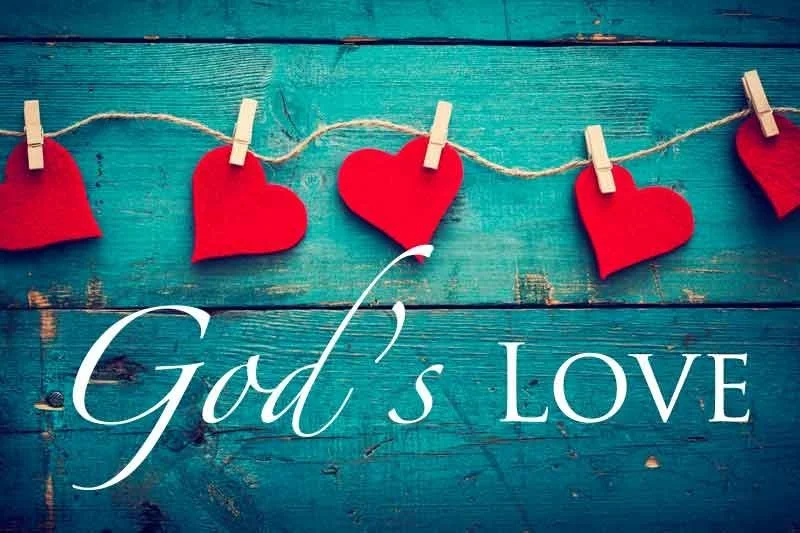Oftentimes, when we respond to disasters and speak with homeowners, they will say to us, “I think God sent this hurricane to punish us for the sins of this city,” or “We must’ve done something wrong to deserve this wrath God has sent us.” They usually believe this wholeheartedly because often they see a lot of sin in their city. Sometimes the city may have a strong drug or crime problem or maybe there is sin in their own life that is making them respond that way. However, Scripture paints us a different picture.
In John 9:1-3, Jesus and his disciples come upon a blind man and his disciples ask him, “Rabbi, who sinned, this man or his parents, that he was born blind?” This may sound ridiculous to us, but this is actually a common theme throughout history. In life, there are consequences to actions, but that is not how God operates.
In Scripture, we are shown often that God warns his people of their rebellion and gives them several “second chances.” Jonah is such a story as God sends his begrudging prophet to Nineveh to condemn the city and proclaim it would be overthrown in forty days. And surprisingly, Nineveh didn’t take it lightly as they “called for a fast and put on sackcloth, from the greatest of them to the least of them.” (Jonah 3:5) God gave them a warning through Jonah and they listened; they changed their ways and repented.
However, people do not always listen to God’s warnings. In Genesis 18, God tells Abraham that He will destroy the cities of Sodom and Gomorrah. Abraham pleads with the Lord to spare the cities by saying “Suppose there are fifty righteous within the city? Will you then sweep away the place and not spare it for the fifty righteous who are in it?” And God said he would spare the city for fifty righteous people.
Over the course of the conversation, Abraham continued to barter with God, all the way down to saving the city if ten righteous persons could be found. God responded, “For the sake of ten I will not destroy it.” But we know the rest of the story as Sodom and Gomorrah is no more. They were warned, but they did not heed God’s warning and were punished.
God does not and will not punish the innocent; he will warn the guilty before sending His wrath. Not every bad thing that happens is punishment for sin or God’s wrath, and that’s where we return to the story of the blind man in John 9. “Who sinned, this man or his parents, that he was born blind?” Jesus answers his disciples and all the other folks gathered around by saying, “It was not that this man sinned, or his parents, but that the works of God might be displayed in him.”
We can’t always explain why disasters happen or why they affect certain people. But what I can tell homeowners, is that if it weren’t for this disaster we would have never met. We never would have been able to have a conversation and share fellowship together, and most importantly, I would not have had the opportunity to share the love of Jesus with them.
-Mason Lambert, U.S. Disaster Response Coordinator

